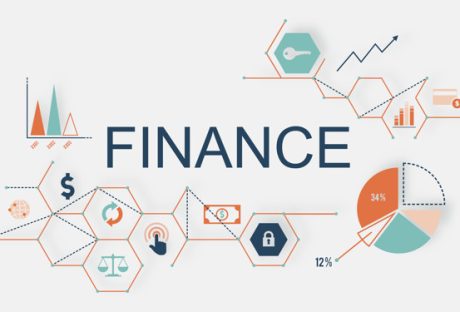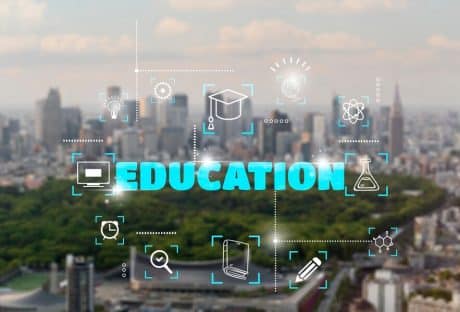Going to university is exciting and fun; however, it means you have to balance your studies and social life. It can be stressful if you don’t know how to manage your workload. Responsibilities sound fantastic, but they can overwhelm you if you don’t plan effectively.
The UAE hosts top-notch universities with world-class facilities that offer high-quality education. The country has partnered with international education providers to bring the most prestigious higher education institutions globally. These resources provide students with the best education; it also means that they have to balance their lives and studies.
Studying in the UAE
The United Arab Emirates is known for its hospitality, diversity, economic vitality, political stability, religious tolerance, and safety. The education sector is also competitive and provides world-class institutions.
Pursuing higher education in the UAE enables you to study in some of the most reputable universities in the world. This is a guarantee that you will receive an internationally-recognized certificate at the end of your studies.
Studying in this country also means that you have extensive resources and facilities to help you pursue your degree. Higher education facilities in the UAE are keen to provide their students with the best education. It also enables you to build a strong network that can help you in your career. Also, you can confidently look for jobs anywhere in the world.
How to Manage Your Workload
How do you manage your social life, education, and extracurricular activities at the university? Here is the survival guide to workload management.
Planning:
Planning is crucial for balancing your life at university. It is necessary to have a planner; write down your lectures and other significant events throughout the semester. Look through the modules and note down assignments due dates. Decide how many hours you will spend studying every week and stick to this plan. Set realistic and achievable goals. This way, you can do your assignments on time, study for exams, and have a social life.
Balance:
Studying at a university in Dubai allows you to study and socialize; however, you must prioritize your studies and find a balance in your life. Allow enough time for studies and rest. It is tempting to want to party and have fun with friends, but you have to remind yourself why you decided to study. If you always feel overwhelmed, try to do the most vital or challenging tasks first.
Avoid Multitasking:
You will never get anything done if you focus on many things at once. The best way to excel at your university in Dubai is to follow your planner; study when you need to and do your assignments as you have planned. Multitasking like watching TV or using your phone while studying distracts you and causes poor absorption of information; this might cause failure or requiring more time to study. Focusing on many tasks also causes brain-drain.
Don’t Overwork:
Working hard will help you excel in your studies; however, overworking will strain you, and you might not achieve your goals. Study breaks are crucial to achieving success; it motivates and helps you to stay focused. A productive study break leaves you energized and ready to study again. Effective breaks should refresh and give your mind a break. Doing different things activate different parts of your brain. If you were revising, do something completely different, like taking a short walk. Allowing your mind to rest allows it to absorb and retain more information.
Start Early:
The best way to excel and have balance your studies and social life in the university is to start early. Start with your assignments and essays early; it reduces stress, and you can submit an extensively-researched paper. Waiting to write several essays and meet deadlines at the last minute increases pressure and stress. It also leads to low-quality output which means failure. Stress is harmful to your physical and mental wellbeing.
Routine:
Having a routine and sticking to it crucial for your wellbeing. You get enough rest and still accomplish your goals. It’s easy to go with the flow in the university because life is not structured and you have a few rules on what to do at a particular time. Routines can be exciting, reduce stress, and improve health; these are essential for goal achievement.
Ask for Support:
Do not shy away from asking for help if you find anything too hard to grasp. Knowing when to ask for support helps you to avoid mistakes and save time. Some topics can be hard to understand, and no matter how hard you try, you just don’t get it. It’s necessary to ask your peers or the professor for help instead of failing.
Going to university is fun and exciting because you have more freedom. However, there are more responsibilities. You want to study, socialize and have time for yourself and all these can be overwhelming. You have to prioritize and plan how to deal with every aspect of your life.
Read Also:























